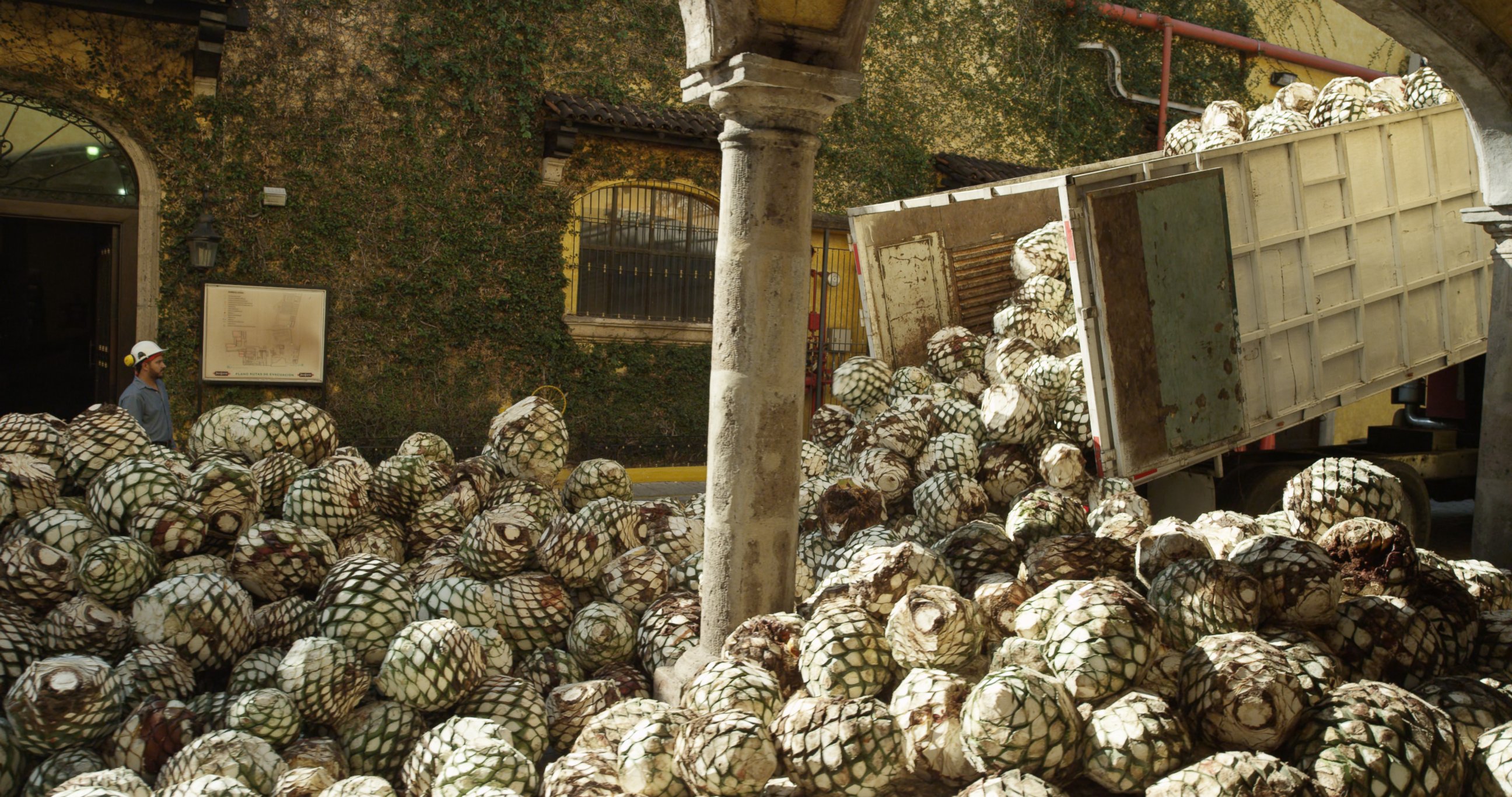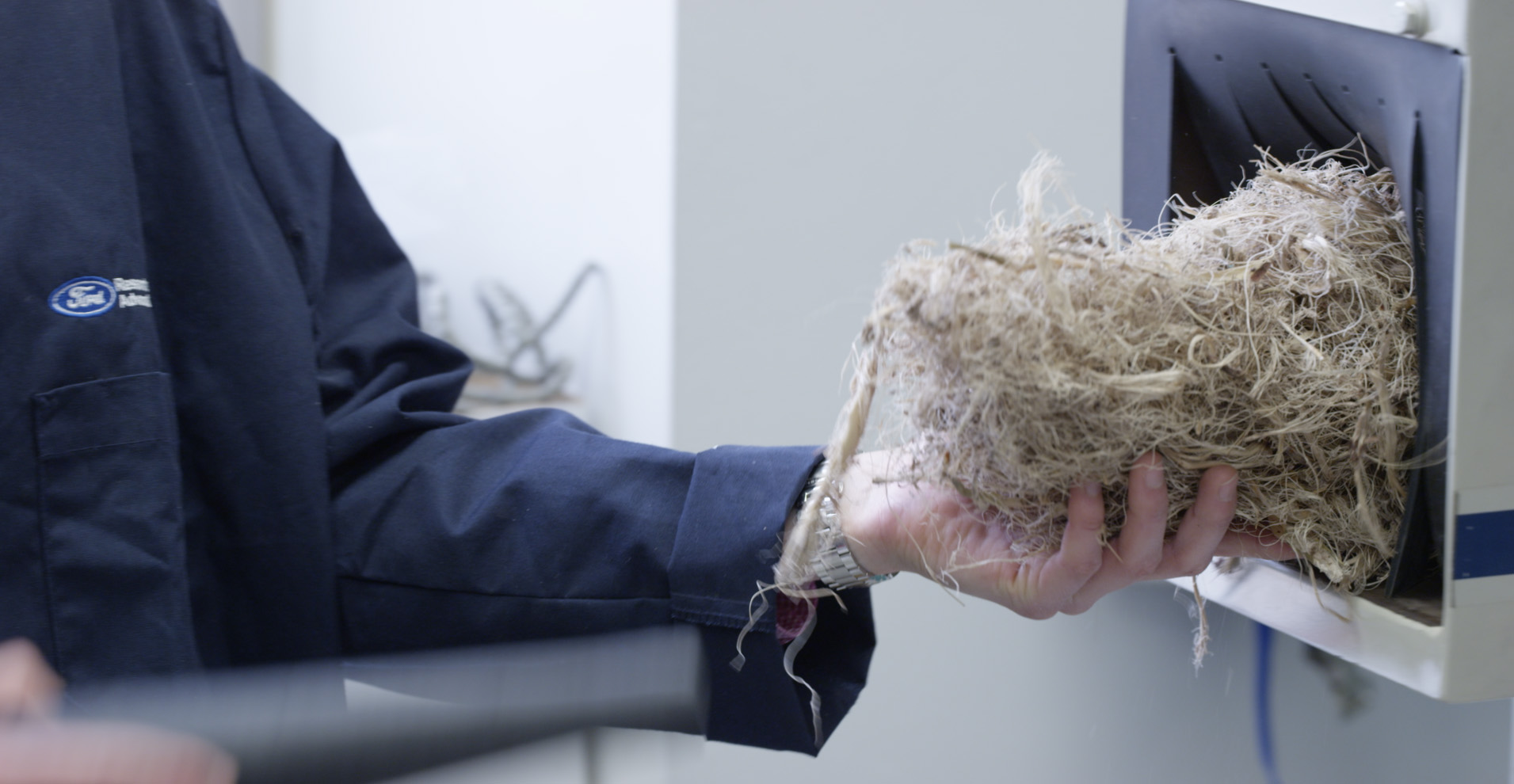Ford Teams Up With Jose Cuervo to Build Greener Cars From Tequila Byproduct
Alcohol and cars don't typically mix, but this new idea could make cars greener.

— -- Alcoholic drinks and motor vehicles generally don’t mix, but now Ford Motor Company and Jose Cuervo are teaming up in a way that could be a boon for the environment.
While the car and tequila companies at first seem like an odd pairing, the two are working together to develop sustainable car parts from the byproducts of tequila production, according to an announcement from Ford.
The idea is that parts of the agave plant left over after producing tequila could be used in place of traditional materials like plastic to build things like cup holders and fuse boxes on cars.

To produce tequila, agave plants need to be cultivated for more than seven years. When they are harvested, the the plant’s heart -- known as the “piña” -- is roasted and ground in order to extract its juices, for detailed in its announcement. Those juices are then distilled, bottled and shipped to your local bar.
But what happens to the fibers that are left over after that process?
Traditionally, the fibers have been used as compost on local farms or taken by local artists to make agave paper and crafts, the company said.
But Jose Cuervo, which has been in business for more than 220 years, and Ford believe the leftover fibers could be put to use in a more sustainable way.

According to Ford, the typical car has about 400 pounds of plastic. Composite materials made from leftover agave can reduce the use of petrochemicals, making cars lighter and more environmentally-friendly. Ford hopes these materials can even improve a car's fuel economy.
But don’t put off buying a new car -- Ford says the materials are still being tested to ensure that they’re sufficiently durable and heat-resistant.
Ford’s senior technical leader of materials sustainability, Debbie Mielewski, told ABC News that similar sustainable materials made from other plant matter took anywhere from 18 months to six years of development before they were put to use.
“We’ve seen some good results with the mechanical properties of agave reinforced plastics in the lab,” she said. “Our next focus will be isolating the appropriate first applications.”
While this project is still in the testing phase, the idea has probably created the first beneficial matchup of alcohol and motor vehicles.



